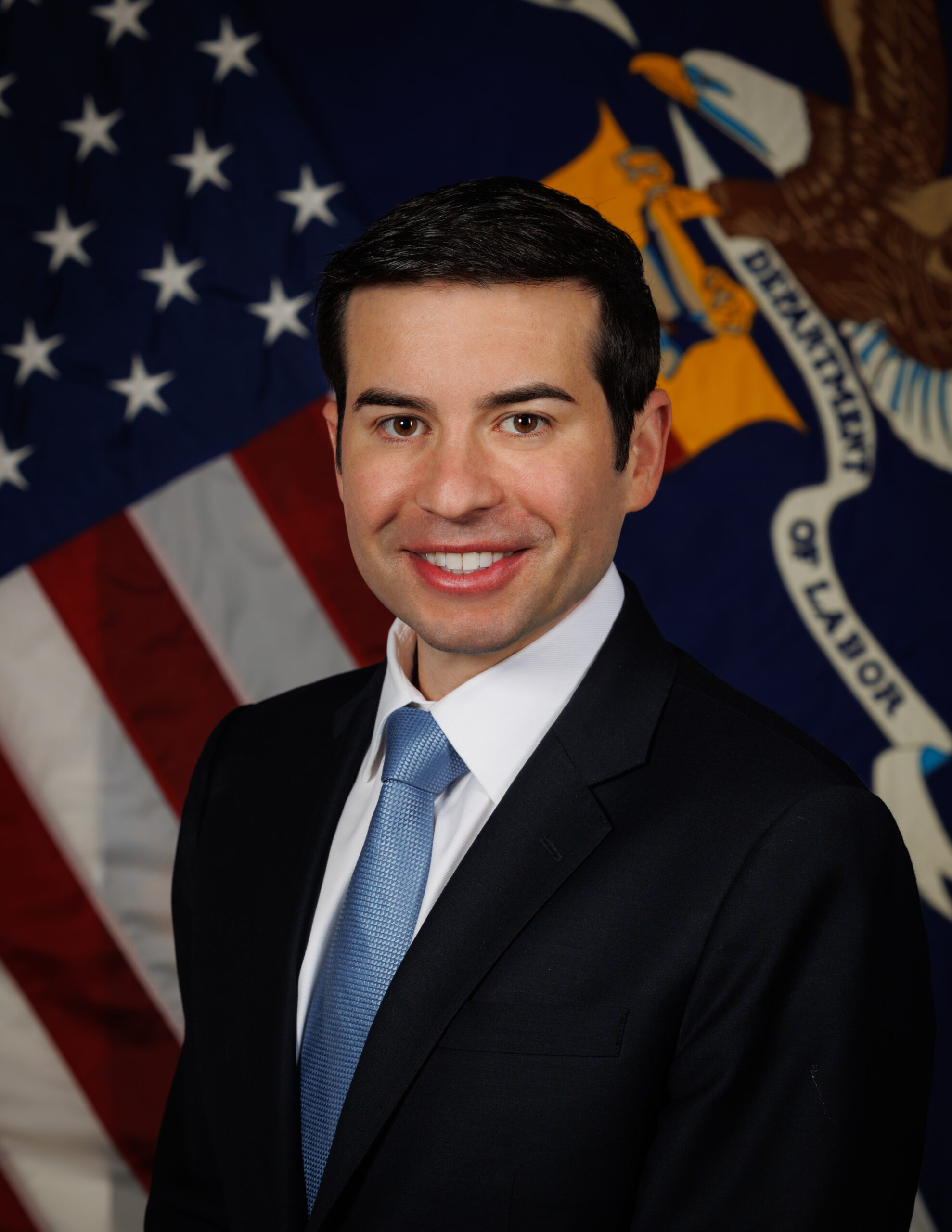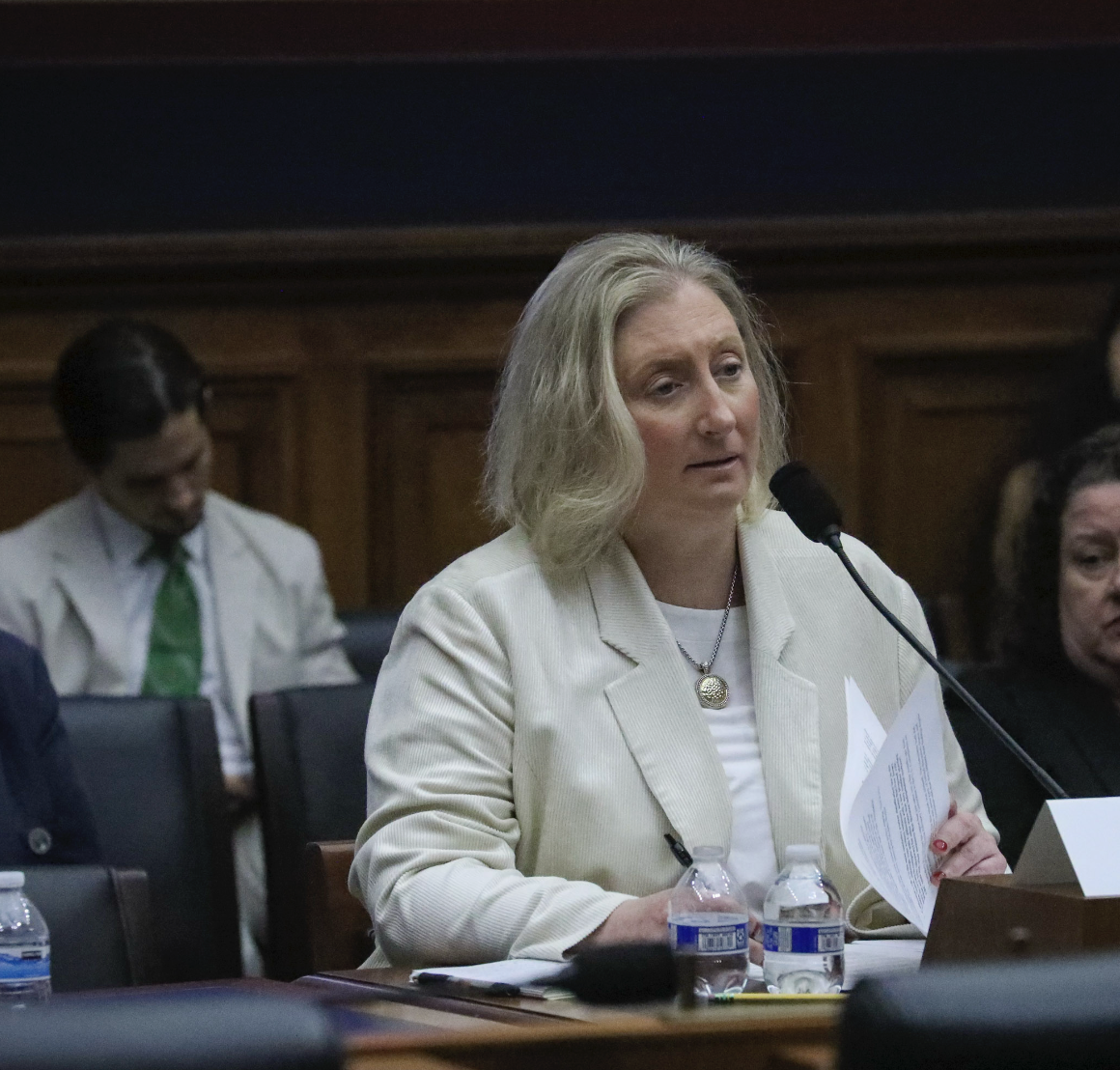Posts tagged independent contractors
Bill enabling unionization of ride-hail drivers takes big step
June 17, 2025 // Under the bill, the state would require Uber, Lyft and other such companies on a quarterly basis to give to the Public Employment Relations Board a list of all California ride-hail drivers who have provided at least 20 rides in the preceding six months. The board would use that data to determine the median number of rides given by that pool of drivers. Under AB 1340 as it’s currently written, any driver who gave at least the median number of rides would be considered an active driver. An organization seeking to form a drivers union could then start the process by getting at least 10% of active drivers to authorize it to act as their representative.
Women Independent Contractors are Physically and Emotionally Healthier
June 12, 2025 // One benefit of no longer being pigeonholed into traditional work is time to pursue deeper social interactions that do not involve vocation. I found it exhilarating to be free to pursue civic interactions through Meetups and chambers of commerce, as well as deeper relationships through the church. Because I am now able to craft my work around my schedule, rather than the other way around, I have regularly participated in women’s groups and Bible studies that meet in the mornings (my preferred time). These interactions are a huge boost to my mental and spiritual well-being. Having things to look forward to is a big part of this.

Op-ed: America must lead on the gig economy — or others will set the rules
June 10, 2025 // Look at California’s catastrophic Assembly Bill 5, which tried to reclassify most independent contractors as employees. Instead of improving livelihoods, it triggered chaos. Freelancers across media, transportation, tech, and the arts lost contracts overnight. Self-employment rates cratered. Only after a voter revolt and economic fallout did lawmakers scramble to undo the damage, carving out one exemption after another — a slow-motion admission that they had gone too far. Now, the ILO wants to make AB 5 the global gold standard for the gig economy.
Commentary: Cutting red tape for 64 million American workers
June 1, 2025 // Americans and freedom are a perfect match. We don’t want the government dictating every aspect of our lives. Unelected bureaucrats have no role in deciding how everyday Americans should do their work. That’s why at Americans for Prosperity, we’ve always supported the right of workers to choose what type of work best suits them, and bills like the Modern Worker Empowerment Act and the Modern Worker Security Act do just that.
Independent Contractors Take Center Stage for ‘Empowering the American Worker’
May 27, 2025 // However, expert witness Dr. Liya Palagashvili showed data of the deliberate harm done through California’s law AB5 and its ABC test that is also embedded in the federal Protecting the Right to Organize Act (PRO) Act and other statewide legislation seeking to restrict the work of independent professionals. Now, these results are causal, meaning we can definitely say that ABC tests cause these negative outcomes. No other studies to date have found positive employment effects from these laws. The research shows that restrictive ABC tests do not create more work opportunities. They eliminate both independent and W-2 jobs.

Kim Kavin: The Tangled Web
May 23, 2025 // I know how most writers’ minds work. I have a well-honed instinct for spotting a thread I should pull on because the facts might be tangled up in some kind of web. This hyperlink in Newsweek was a different kind of typo. The words “2020 analysis” actually did lead to a report about independent contractors—one that was written not in 2020, but instead in 2009. A wrong hyperlink of that nature is a red flag to any decent editor that there’s probably an association in the writer’s mind between the words in the hyperlink and where that link goes. Any experienced editor will pull on that thread to figure out if there’s an actual problem with the facts.
Committee on Education and the Workforce: Hearing Recap: “Empowering the Modern Worker”
May 21, 2025 // “The way people do work in America is changing,” said Workforce Protections Subcommittee Chairman Ryan Mackenzie (R-PA) when he opened today’s hearing that discussed legislative solutions to protect independent contractors’ status and allow them to pursue certain benefits if they so choose.
Op-ed: California Legislature should drop latest attack on gig workers
April 21, 2025 // “The bill’s utter lack of detail is a problem,” William Messenger told us; he’s vice president and legal director of the National Right to Work Legal Defense Foundation, which defends workers’ right not to be controlled by unions. “It’s almost like they’re giving that department the authority to just sort of make up its own labor law.” He contrasted that with Massachusetts, whose voters last November passed Question 3, which enacts gig driver rules, but runs to 33 pages and, among other things, details a hearing and appeals process.
Déjà Vu All Over Again
April 14, 2025 // Reclassification attempts began with a media narrative, then blue-state legislation. The same thing is happening now with sectoral organizing.
Op-Ed: Question 3 Still a Question: Massachusetts’ Experiment in Sectoral Bargaining for Gig Workers
April 10, 2025 // These impracticalities explain why Question 3 embraces sectoral bargaining. Under this regime, once the drivers form a union, that union will represent all the drivers in the state, no matter what rideshare company they work for. (Rideshare companies can also team up to simplify the negotiations.) This will put the drivers in a vastly superior bargaining position than if they had to incrementally organize smaller units of drivers or even company by company, as is the norm under the NLRA. Under the NLRA, organizers would next have to get the support of 30% of drivers in a bargaining unit before being able to call an election. But how do organizers reach that 30%? For rideshare drivers, there is no workplace where everyone congregates. The closest equivalent is the airport parking lot, where many drivers wait to get a ride request. But to even encounter 30% of drivers there, much less to convince that 30%, could be a prohibitively high bar. Additionally, driver turnover is high. By the time 30% is convinced, those drivers may have moved on, a new cohort taking their place. Part-timers also pose a problem. For these reasons, Question 3 requires that the would-be union collect signatures from only 5% of Active Drivers (defined as those that have completed more than the median number of rides in the last six months). That is a much more plausible bar to clear, given that rideshare drivers are quite literally a moving target, in time and in space.
